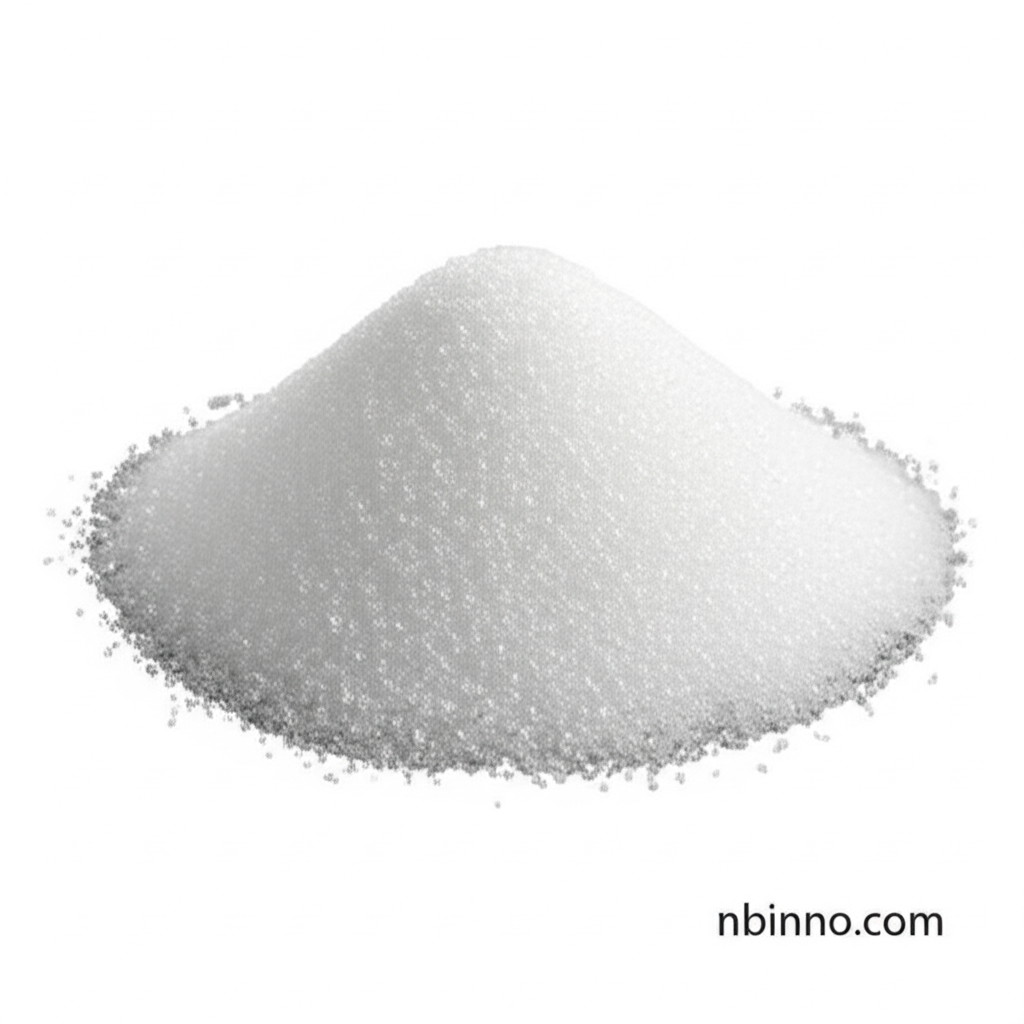Lutetium(III) Chloride Hexahydrate: Properties, Applications, and Sourcing
Discover the essential details of Lutetium(III) Chloride Hexahydrate (CAS 15230-79-2), a key rare earth compound.
Get a Quote & SampleProduct Core Value

Lutetium(III) Chloride Hexahydrate
Lutetium(III) Chloride Hexahydrate, identified by CAS number 15230-79-2, is a valuable rare earth compound recognized for its white crystalline appearance. This chemical entity, with the molecular formula Cl3H12LuO6 and a molecular weight of 389.42, is pivotal in specialized industrial and research applications. Its versatility makes it a sought-after material for advanced manufacturing processes.
- Explore lutetium chloride hexahydrate applications in creating high-performance laser crystals for advanced optical systems.
- Investigate lutetium chloride hexahydrate as a catalyst in crucial processes like petroleum cracking and polymerization.
- Source lutetium chloride hexahydrate with high purity (99.9%) to ensure optimal performance in sensitive chemical reactions.
- Understand the role of lutetium chloride hexahydrate in advanced ceramics and glass manufacturing for specialized material properties.
Advantages of Lutetium(III) Chloride Hexahydrate
Versatile Applications
Leverage the unique properties of lutetium chloride hexahydrate to drive innovation in fields ranging from photonics to petrochemicals.
High Purity Standards
Ensure precision and reliability in your research and production with lutetium chloride hexahydrate purity 99.9%, meeting stringent industry demands.
Catalytic Efficiency
Utilize lutetium chloride hexahydrate as a catalyst for improved efficiency and yield in complex chemical transformations.
Key Applications
Laser Crystal Manufacturing
The unique electronic properties of lutetium make its chloride hexahydrate an ideal precursor for synthesizing high-quality laser crystals, crucial for advanced optical technologies.
Catalysis
As a potent catalyst, lutetium chloride hexahydrate is employed in refining processes such as petroleum cracking and various organic synthesis reactions like alkylation and polymerization.
Advanced Materials
This compound finds specialized uses in the development of advanced ceramics, specialized glass formulations, and phosphors, contributing to enhanced material performance.
Research and Development
In research settings, lutetium chloride hexahydrate is a key reagent for studying rare earth chemistry and developing novel optoelectronic materials and imaging agents.
